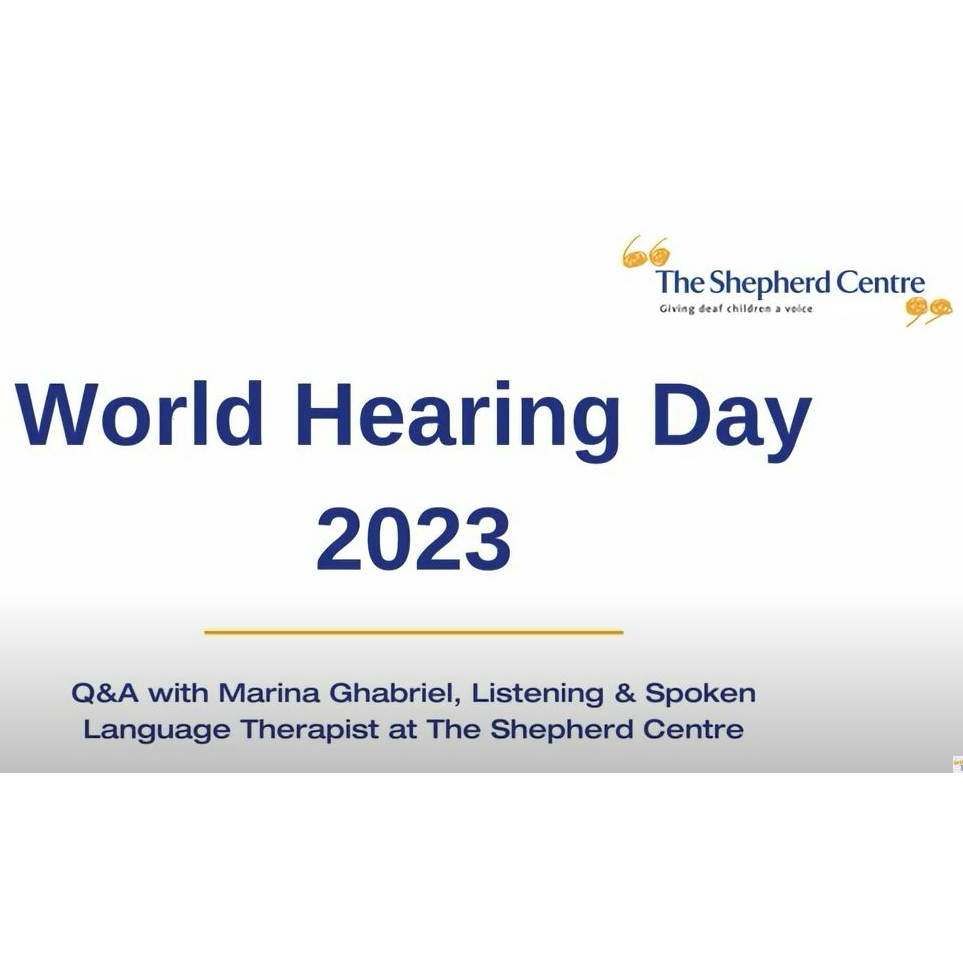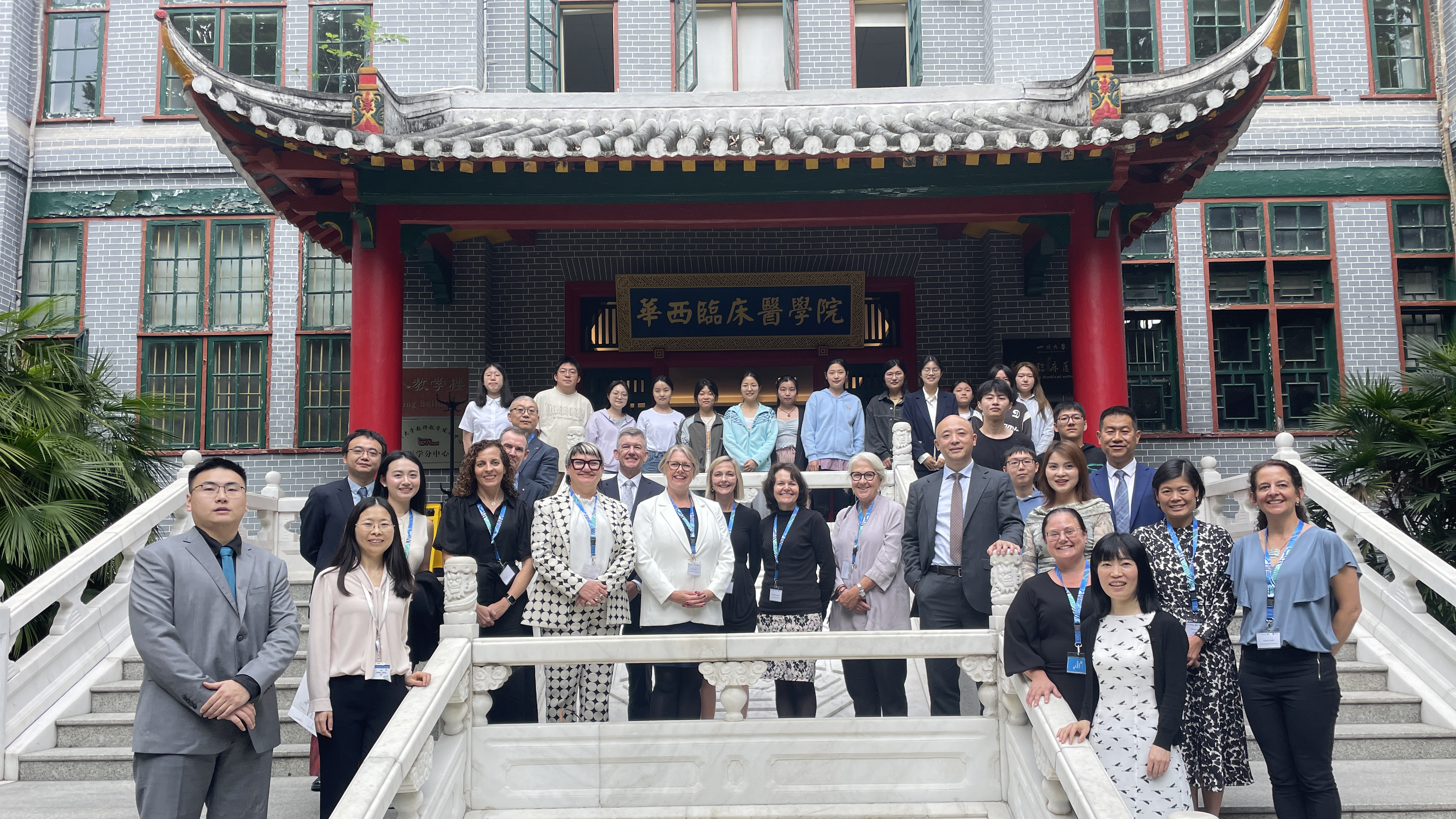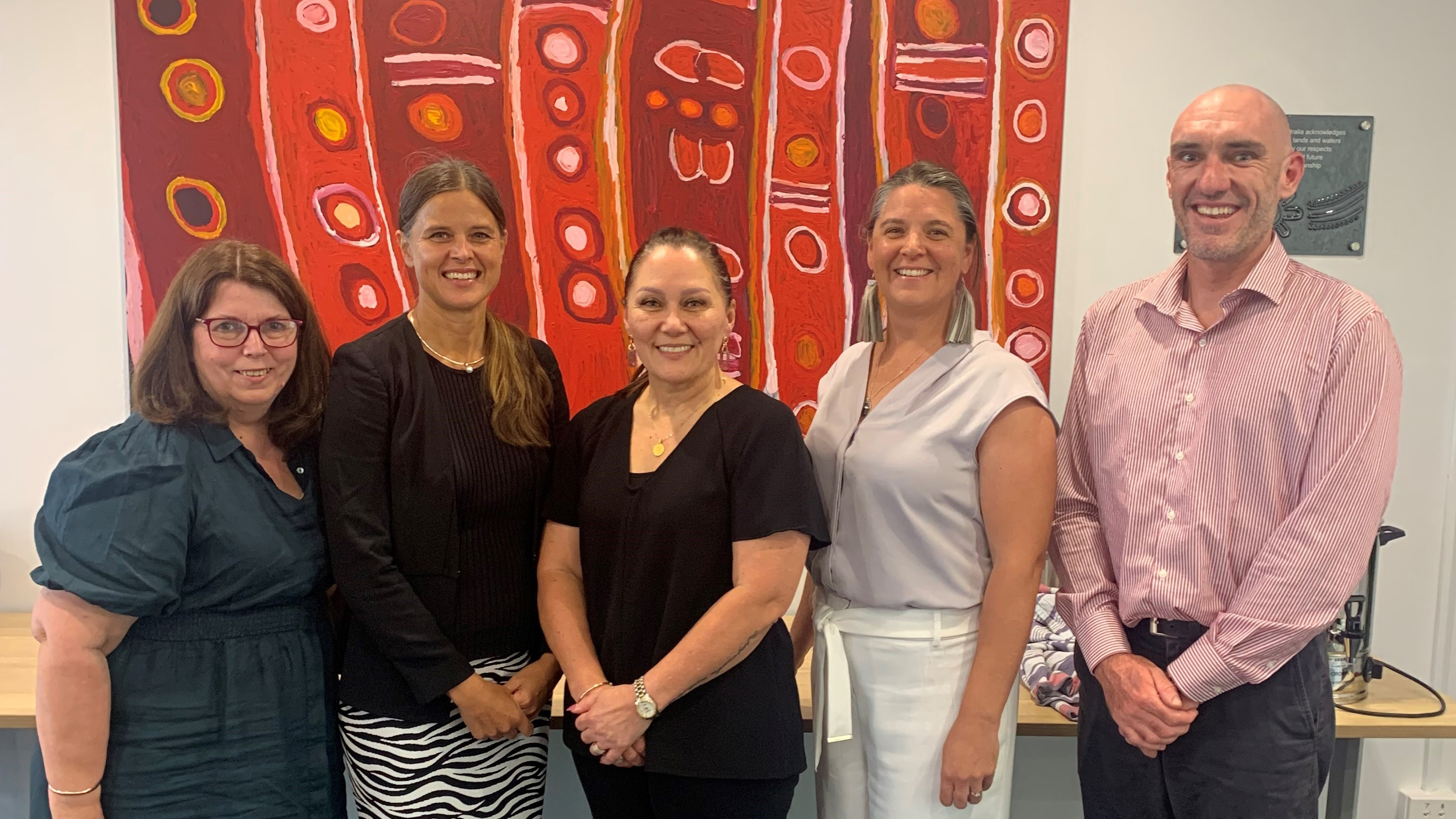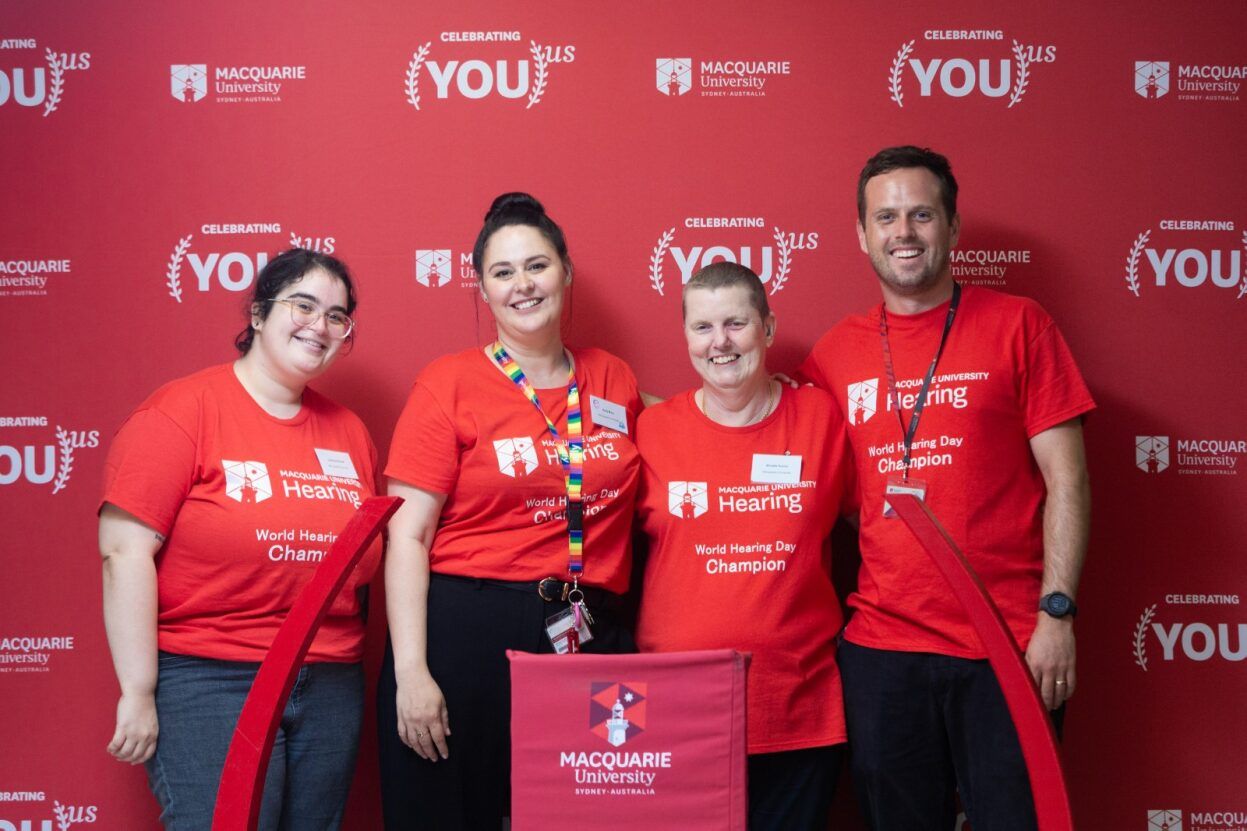The 1st of March to the 7th of March was Hearing Awareness week, a week dedicated to raising awareness about hearing loss and the experiences of those with hearing loss.
Hearing loss affects millions of people worldwide. Little ones that are born with hearing loss or that develop it in their early life are especially affected as it can have significant impacts on their ability to learn and communicate. The theme for the week and World Hearing Day on the 3rd was “Ear and hearing care for all”. To learn more about hearing care for children with hearing loss and some common misconceptions, we sat down with listening and spoken language therapists at The Shepherd Centre – Marina and Evelyn.
Marina highlights that early intervention programs, like the ones offered at The Shepherd Centre, are crucial to ensure that children with hearing loss acquire those vital listening skills between the 0-3 years of age. While hearing care can be accessed at any age, it often gets a little trickier with age as therapists would work backwards in the hearing skills journey. Evelyn adds that the earlier hearing loss is diagnosed, the better the outcome can be. The impact of untreated hearing loss is that a child can potentially fall behind in their speech development which can make it tricky to understand both peers and adults. This can cause frustrations with relating to others in their environment and make building relationships quite negative for the child. They might also create a negative relationship with learning as they would find it hard to engage in a school learning environment.
Some of the biggest misconceptions with children with hearing loss is that speaking at a higher volume would enhance their hearing capabilities. Marina mentions that it is often seen in extended family or friends that are not close to the child who assume that speaking louder would help them engage. This is not true! Hearing technology is tweaked to amplify conversational volume – about 55 to 60 decibels. Evelyn adds that another common misconception is that all hearing losses can be ‘cured.’ The type of hearing loss is especially important to this misconception she adds, conductive hearing losses caused by ear fluid can be treated, but sensorineural hearing losses do not usually improve. Intervention needs to happen early and as quickly as possible so that they can develop speech and language at the rate of their peers and be a part of the hearing world.
In terms of advice to parents who are starting out on this journey, Evelyn mentions participation is the best way to engage with your child. Participating in audio verbal therapy sessions like the ones run at The Shepherd Centre, and immersing your children in the spoken language environment can help them learn spoken language themselves. The hearing journey is teamwork. With the right support from your provider and family, a child can achieve everything they set out to. Engaging in programs as your child gets older can be extremely beneficial as well. HearForYou powered by The Shepherd Centre provides older children and teenagers the means to engage with more people with hearing loss and hear from mentors who have had similar life experiences and struggles. The community is a very warm one, and you have not only your team of therapists to help you, but also a large community of parents who have been where you are and will hold your hand as you navigate your way!
As Marina says “The Shepherd centre is here for children with hearing loss. Your child does not have any limit to their potential and their future is not limited. Family is at the core of what we do, and we want your child to achieve everything that they are able to achieve”








